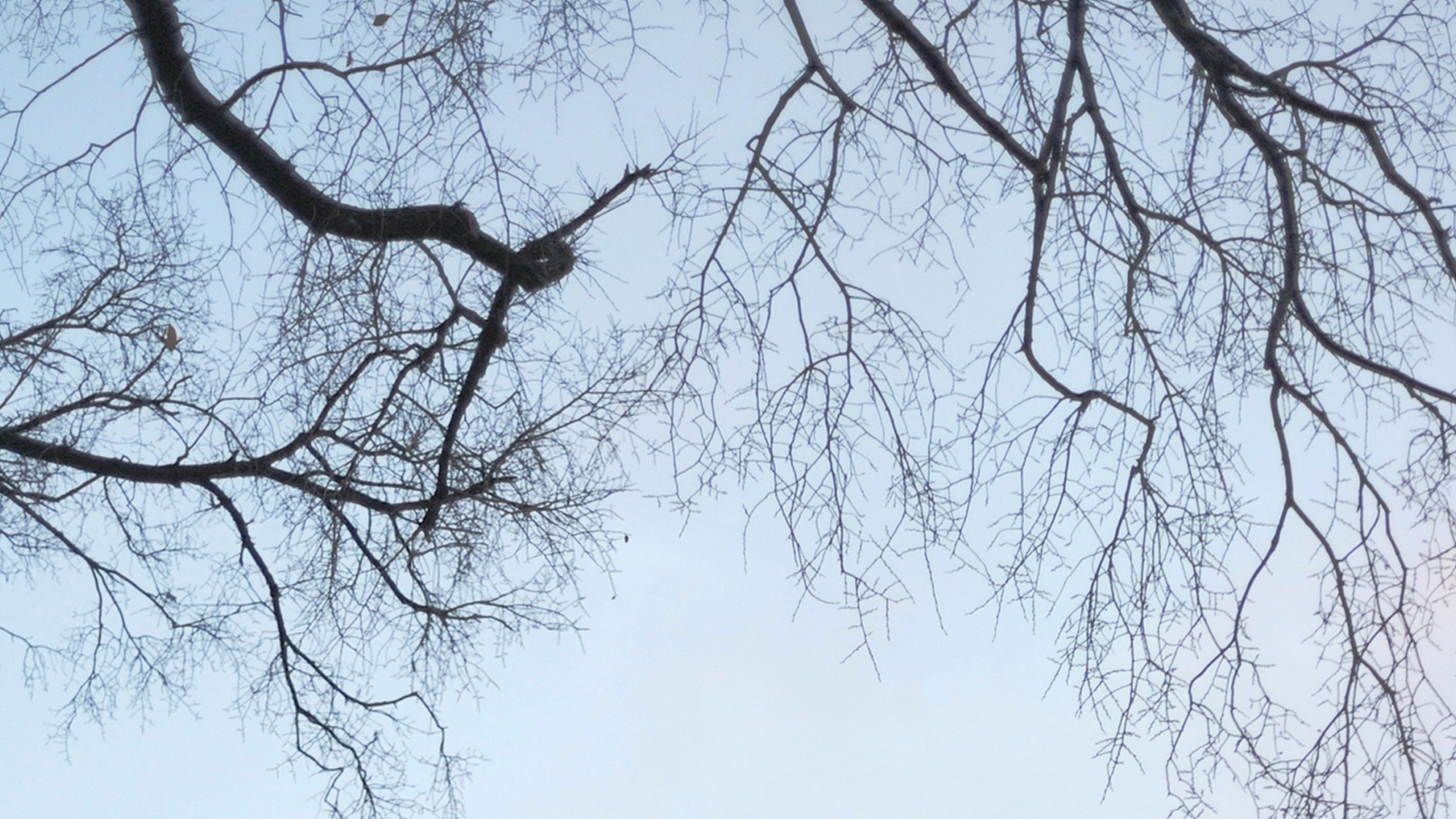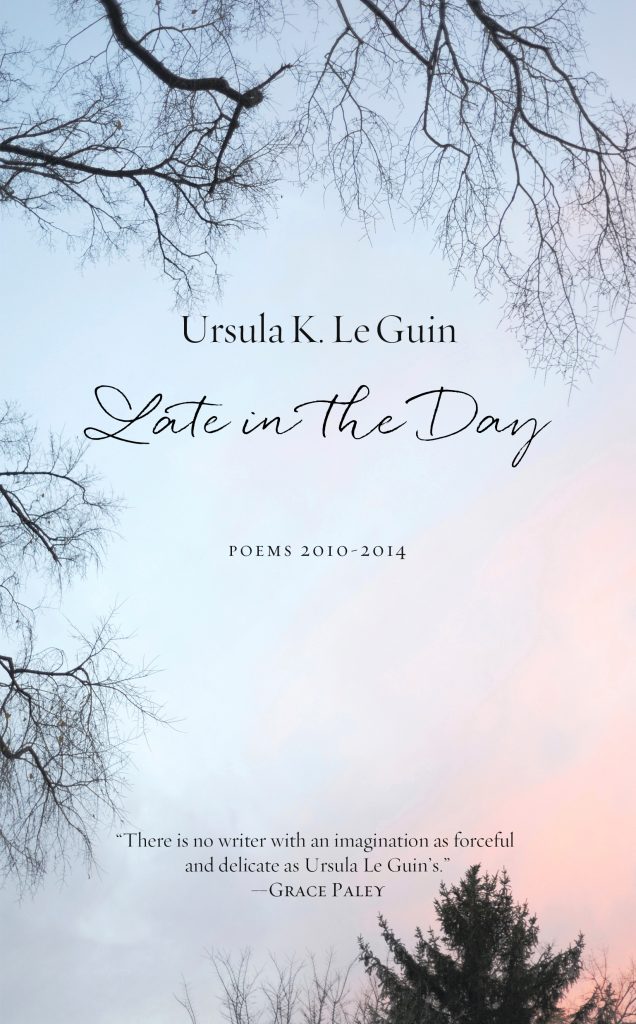by Lizzy Acker
Willamette Week
January 15th
Never before has a book so perfectly coincided with the circumstances of reading it than Late in the Day (PM Press, 112 pages, $18.95).
The new poetry collection from Portland author/hero Ursula K. Le Guin had been sitting on my desk for about a week when the Internet went down, someone borrowed my phone to make a call and suddenly I was distressingly deviceless and needed something immediately to occupy my brain and eyeballs.
“But here, in the midst of our orgy of being lords of creation, texting as we drive,” Le Guin writes on the book’s first page, “it’s hard to put down the smartphone and stop looking for the next technofix.”
“Fuck,” I thought. “Is Ursula Le Guin watching me?”
But that’s exactly what humans would think, that the whole thing is about them. Le Guin’s poems are about the rocks, the creeks, the planets, the more-permanent-than-us furniture of the universe that looks still to us, but only because we’re moving so quickly. Le Guin sees motion in everything and demands that we, too, look up from our phones and notice the details and histories of things, as she does in her poem “Salt”: “The salt in the small bowl looks up at me/with all its little glittering eyes and says:/I am the dry sea./Your blood tastes of me.”
Maybe it’s a function of getting old, this reverence for the parts of nature that decay at a much slower rate than we do. But one could argue that the long view isn’t new for Le Guin, whose work frequently involves the solid pieces of the world and the misty cover of myth.
Le Guin believes that poetry is the tool we need to repair our broken relationship with the physical world. “One way to stop seeing trees, or rivers, or hills as ‘natural resources,'” she writes in her foreword, “is to class them as fellow beings—kinfolk.”
Late in the Day intertwines our human stories with those of gnats and fireflies and stars and distant galaxies, in the hope that readers will look up, look out and see the world before, for them, it’s gone.
“It will be dark in that night when/the deep basalt shifts and sighs,/headlands collapse, cliffs fail.” she writes in “Geology of the Northwest Coast.” “Then/the tumult of the seas returning./And silence./The slow drift of stars.”
GO: Ursula K. Le Guin reads at Powell’s City of Books, 1005 W Burnside St., 228-4651. 7:30 pm Wednesday, Jan. 13. Free.







